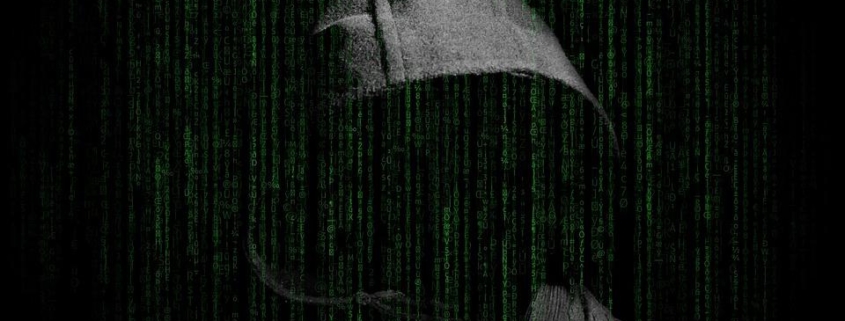China’s Hackers Keep Targeting US Water and Electricity Supplies
An indictment from the US Department of Justice may have solved the mystery of how disgraced cryptocurrency exchange FTX lost over $400 million in crypto. The indictment, filed last week, alleges that three individuals used a SIM-swapping attack to steal hundreds of millions in virtual currency from an unnamed company. The timing and the amount stolen coincides with FTX’s theft. Meanwhile, in a letter obtained by WIRED this week, seven lawmakers have demanded the DOJ stop funding biased and inaccurate predictive policing tools until the agency has a way to ensure law enforcement won’t use them in a way that has a “discriminatory impact.”
In Florida, prosecutors say a 17-year-old named Alan Winston Filion is responsible for hundreds of swatting attacks around the United States. The news of his arrest was first reported by WIRED days before law enforcement made it public. It was the culmination of a multi-agency manhunt to piece together a trail of digital breadcrumbs left by the teenager. In Ukraine, unmanned aerial vehicles have been powerful tools since the Russian invasion began in February 2022. But as the war rages on, another kind of unmanned robot has increasingly appeared on the front-lines: the unmanned ground vehicle, or UGV.
For months lawyers affiliated with an India based hacker-for-hire firm called Appin Technology have used legal threats to censor reporting about the company’s alleged cyber mercenary past. The EFF, Techdirt, MuckRock, and DDoSecrets are now pushing back, publicly sharing details for the first time about the firm’s efforts to remove content from the web. It’s a dangerous world out there, so we’ve also got a list of some major patches issued in January that you can use to update your devices to keep them secure.
And there’s more. Each week, we highlight the news we didn’t cover in-depth ourselves. Click on the headlines below to read the full stories. And stay safe out there.
For years Western security officials have warned about the threat of China collecting data about millions of people and the country’s hackers infiltrating sensitive systems. This week, Federal Bureau of Investigation director Christopher Wray said hackers affiliated…




